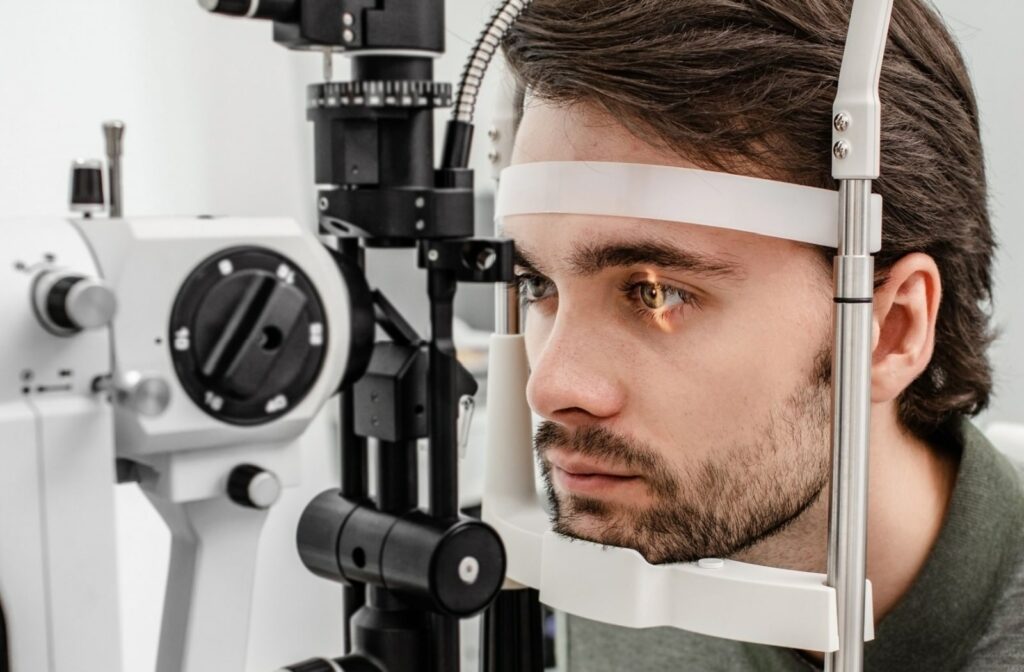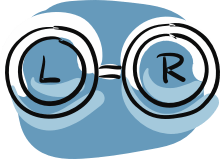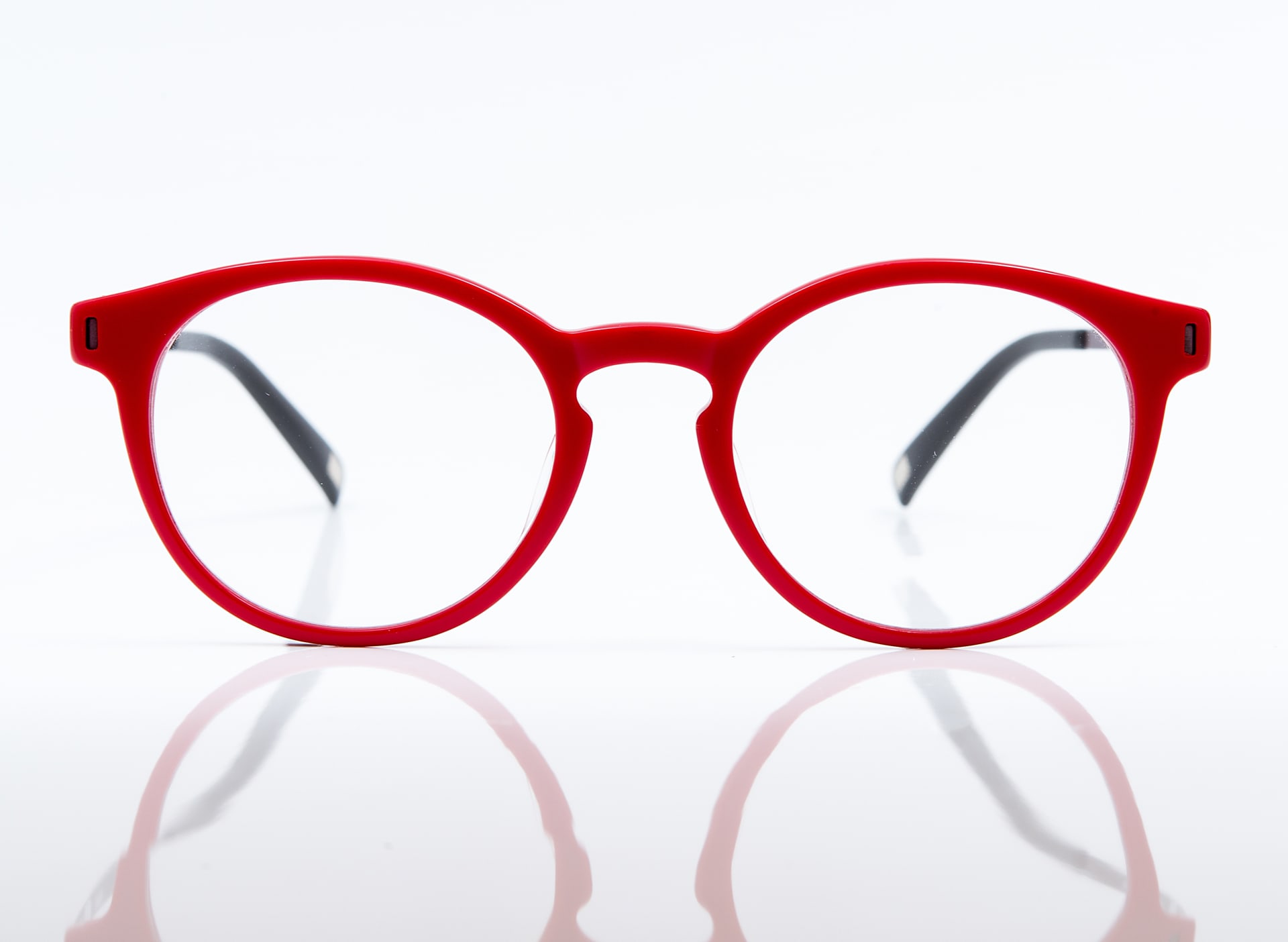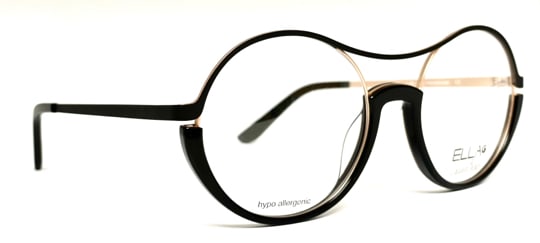Understanding the right timing for an eye exam can sometimes be a challenge. However, a useful guideline is that adults aged 18 to 64 should schedule an optometrist visit every 1-2 years. For children and individuals with certain health conditions, such as diabetes, it’s advisable to have eye exams annually. In an eye emergency, it’s important to promptly visit your optometrist, regardless of your last exam date.
West Shore Eye Care offers comprehensive eye exams that assess your vision and contribute to overall health monitoring. Trust West Shore Eye Care for thorough, insightful eye care services tailored to your needs.
Routine Eye Health Maintenance
Maintaining your health involves regular doctor and dentist visits, but what about your eye health? It’s just as vital. Eye exams throughout various life stages are key to preserving clear vision and your eyes’ overall health.
Approximately 11 million Americans over 12 need glasses or contacts, yet vision correction is just one of many reasons for getting your eyes checked. Regular screenings are crucial for the early detection of eye diseases and for keeping your vision sharp with proactive care.
Eye exams offer a window into your overall well-being by allowing optometrists to examine your blood vessels and other eye components closely. These exams can uncover important issues such as glaucoma, macular degeneration, diabetes, hypertension, and high cholesterol early on. By undergoing thorough eye checks, you stand a better chance of identifying these conditions sooner, potentially averting severe health problems.
What Is Involved in an Eye Exam?
Eye exams are designed to assess your vision quality and screen for any eye conditions.
A complete eye exam often starts with discussing your personal and family medical history, including any medications you currently take and whether you use glasses or contact lenses. This conversation is crucial for evaluating your risk for certain eye diseases and customizing the exam to meet your specific needs.
Following this initial assessment, your optometrist will conduct several tests to fully understand your vision and eye health, which may include:
- Evaluate your visual acuity to determine if you need corrective lenses.
- Testing your pupillary responses to light, eye coordination, and the pressure within your eyes.
- Inspecting the condition of your eyelids, lenses, corneas, and irises, as well as checking the retina and optic nerve for indicators of serious health issues.
- Assessing your ability to perceive depth and motion, your field of view, and how well you distinguish colors.
After these evaluations, we can provide an accurate prescription and advise when to schedule your next appointment. Additionally, we may offer recommendations for treating any identified conditions. If you require new eyeglasses or contact lenses, you’ll usually select them following your exam.
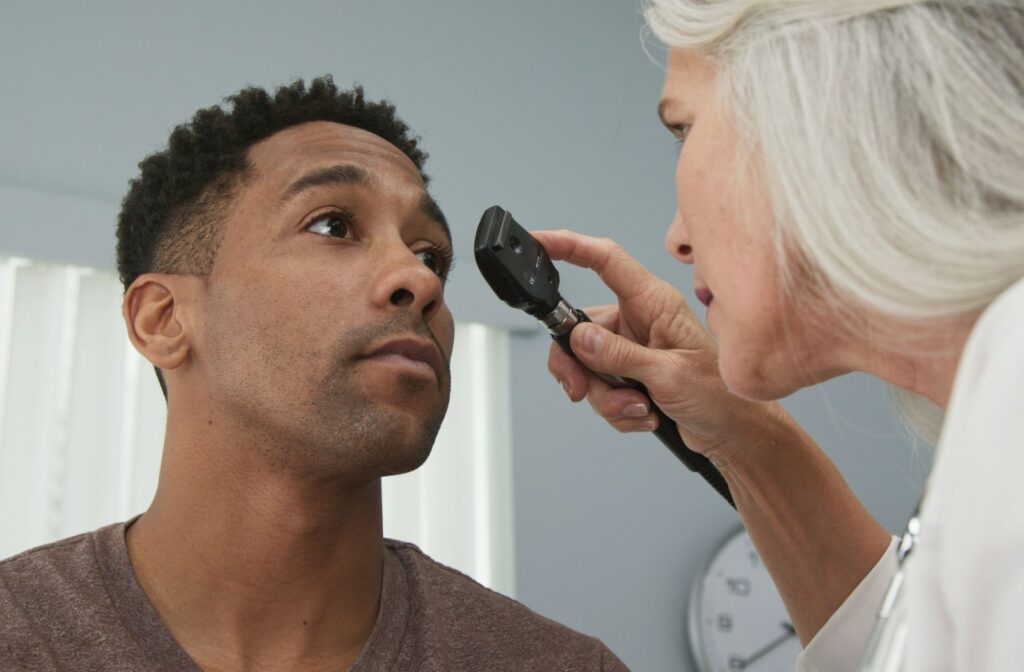
Are Eye Exams Essential?
Regular eye exams are essential for maintaining eye health as they can help detect and treat emerging conditions early.
The frequency of your eye exams should consider various factors, such as age, overall health status, and risk level for potential eye diseases or complications, even if you possess perfect vision.
Despite believing their vision is good, many may discover that their first pair of glasses or contact lenses enhance clarity across the board, from reading fine print to recognizing street signs more clearly. Individuals can still be susceptible to serious eye conditions even with 20/20 vision.
You might fall into a higher risk category for eye problems if:
- There’s a family history of eye diseases
- Your job is hazardous or demands intense visual focus
- You’re on medications with vision-related side effects
- You’ve experienced eye injuries in the past
- You use contact lenses or have vision in one eye only
- You have a medical condition like diabetes
- You’re aged 65 or above
Even after refractive surgeries like LASIK, an optometrist should check your eyes every 1-2 years for ongoing eye health.
Can Anything Replace Eye Exams?
While apps claim to substitute in-person eye doctor visits, they often focus solely on the refraction test to generate eyewear prescriptions. However, they may not yield precise results or encompass the range of assessments involved in a thorough eye exam.
Relying on such online tests is akin to receiving health prescriptions based on limited data, like a blood pressure reading from a kiosk, which doesn’t offer comprehensive insight into a patient’s overall treatment needs.
How Reliable Are Online Vision Tests?
Online vision tests primarily assess refraction to determine prescriptions for glasses or contacts but typically lack the depth of information provided through a full eye exam. They may also convey inaccurate or incomplete data, potentially giving users misplaced confidence in their eye health. This underscores the importance of professional eye exams an optometrist conducts to provide personalized assessments and appropriate care.
Eye Care at West Shore Eye Care
At West Shore Eye Care, we believe in the importance of understanding our patients’ unique needs, which drives us to establish meaningful relationships. Our commitment is to offer individualized care beyond just eye health, treating each patient as a person.
Our team of optometrists conducts detailed eye exams, while our optical specialists provide personalized assistance in selecting the perfect eyewear tailored to your requirements.
Schedule your next comprehensive eye exam with us and experience the difference in our patient-centered approach. We’re excited to learn more about you and fulfill your eye care needs.


